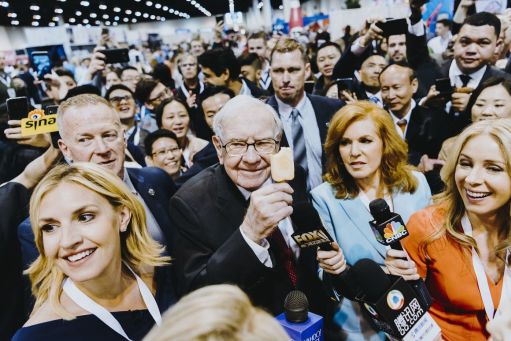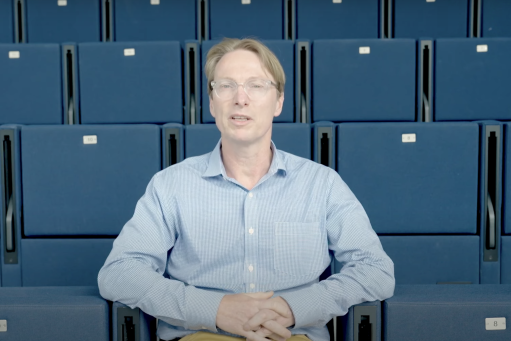Long-Term Vision in Venture Capital and the Upsides to Being an Entrepreneur in a Downturn
Professor of Professional Practice Angela Lee explains how there are opportunities for investors during the pandemic even though she believes the worst of the downturn is yet to come.
As it has for most aspects of the economy, the COVID-19 pandemic has been a shock to the world of venture capital.
In a lecture, Professor of Professional Practice Angela Lee discussed how the pandemic has exacerbated an existing market correction for VC and analyzed opportunities for investors even though she believes the worst of the downturn is yet to come.
“This correction not terrible,” Lee said. “It’s actually a good thing for founders and investors.”
Lee, the faculty director at the Eugene Lang Entrepreneurship Center, is also the Founder of 37 Angels, an investing network that has evaluated thousands of startups. She noted that sectors such as digital healthcare, automation, remote learning, and other “future of work” initiatives, might prove to be attractive to both founders and investors during the pandemic economy.
Lee explained why she expects continued consolidation of seed capital during the downturn and a renewed focus on the quality of revenue from firms.
“Since the pandemic, we’re having much more detailed conversations about cash flows,” Lee said.
Lee also provided her views on the relationship between VC and the Black Lives Matter movement which she said has invigorated the discussion about racial and gender diversity among investors and founders.
“It’s important, because even though we’ve been talking about diversity, the numbers have not really changed in terms of dollars going to female founders or those from underrepresented minorities,” Lee said. “We need to work to diversify our pipeline.”
More Webinars

Why Value Investing is Making a Comeback
Professor Tano Santos, the Faculty Director of Value Investing and Advanced Value Investing programs at Columbia Business School, outlines the reasons why value investing is returning to a period of ascendancy.

What Will Drive the Global Markets in 2023?
Columbia Business School Professor Abby Joseph Cohen recently joined former Dean Glenn Hubbard to discuss the forces that could shape the economy and markets in the year ahead.

5 Questions About Value Investing and Finance
Professor Tano Santos, the Faculty Director of Value Investing and Advanced Value Investing programs at Columbia Business School, discusses the school’s approach to teaching value investing and finance.

How Will Working From Home Impact Office Real Estate?
Stijn Van Nieuwerburgh, the Earle W. Kazis and Benjamin Schore Professor of Real Estate at Columbia Business School, discusses his new research on the impact of remote work on the New York City commercial real estate sector.
Rise to the challenge.
The COVID-19 pandemic has changed the world of business, while bringing historical inequities and injustice into sharp relief.
Subscribe to Leading Through Change to receive the latest insights from Columbia Business School to help you navigate this unprecedented time.
